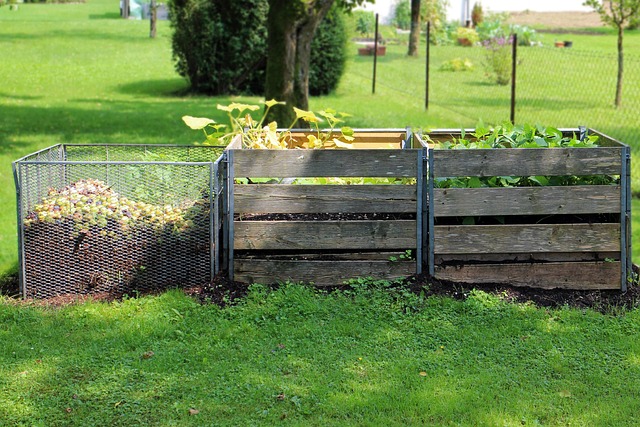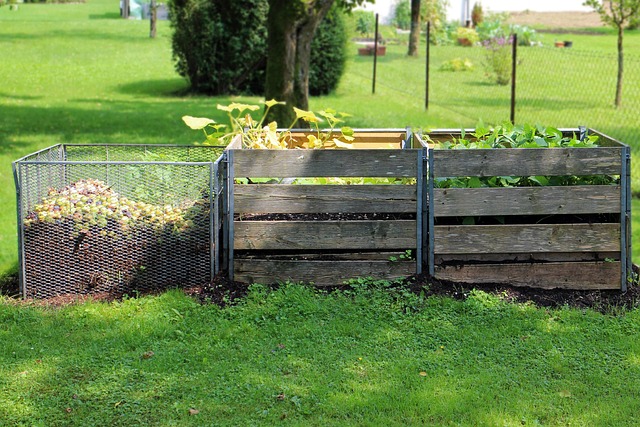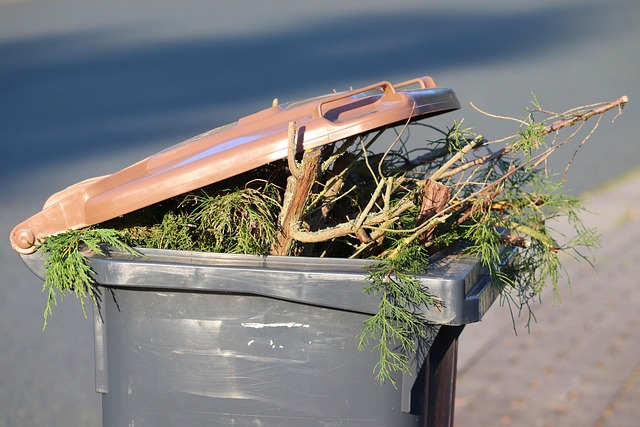Residual Compost: A Green Solution for Sustainable Gardening in Harmony with Nature
In today’s world, where environmental concerns grow more pressing with each passing day, finding sustainable gardening methods has never been more critical. One such eco-friendly solution that stands out is residual compost. This organic practice not only nourishes our gardens but also plays a significant role in harmonizing our agricultural habits with nature.
Composting is a natural process that transforms kitchen scraps and yard waste into a nutrient-rich soil amendment. When we talk about residual compost, we refer to the compost created from organic materials that might otherwise go to waste. Think banana peels, vegetable trimmings, or leftover coffee grounds – these items can give life back to the soil, rather than ending up in a landfill.
By harnessing the power of residual compost, gardeners can embrace a greener way of nurturing their plants. This method not only improves soil structure but also increases its ability to retain moisture and nutrients. The result? Thriving plants that contribute to a healthier garden ecosystem. The rich organic matter in compost enhances microbial life, making your garden a vibrant microcosm that works in tandem with nature.
Furthermore, using residual compost significantly reduces greenhouse gas emissions associated with waste. When organic matter decomposes in landfills, it releases methane, a potent greenhouse gas. By composting our organic waste, we are taking an active part in mitigating climate change. This simple practice embodies a commitment to an eco-conscious lifestyle that respects and protects our planet.
Moreover, gardening with residual compost inspires a sense of connection with our environment. It’s a beautiful reminder of the cycle of life – the way nature breaks down materials to give birth to new ones. Engaging in this process allows us to become stewards of the land, nurturing our plants while fostering a deeper appreciation for the rhythms of nature.
For those looking to incorporate residual compost into their gardening routine, starting is easier than you might think. Create a compost bin in your backyard or use a simple container in your kitchen for daily scraps. Layering green materials, like fruit and vegetable peels, with brown materials, like dried leaves or paper, can jumpstart the decomposition process. Over time, you’ll be rewarded with a dark, crumbly, nutrient-rich compost that signifies your contribution to a greener planet.
In a world increasingly challenged by environmental issues, utilizing residual compost not only enhances the health of our gardens but also strengthens our bond with nature. It represents a shift towards sustainability, where everything is connected – our food, our soil, and our environment. Embracing this practice is more than just gardening; it’s about nurturing the earth in a way that benefits us all.



